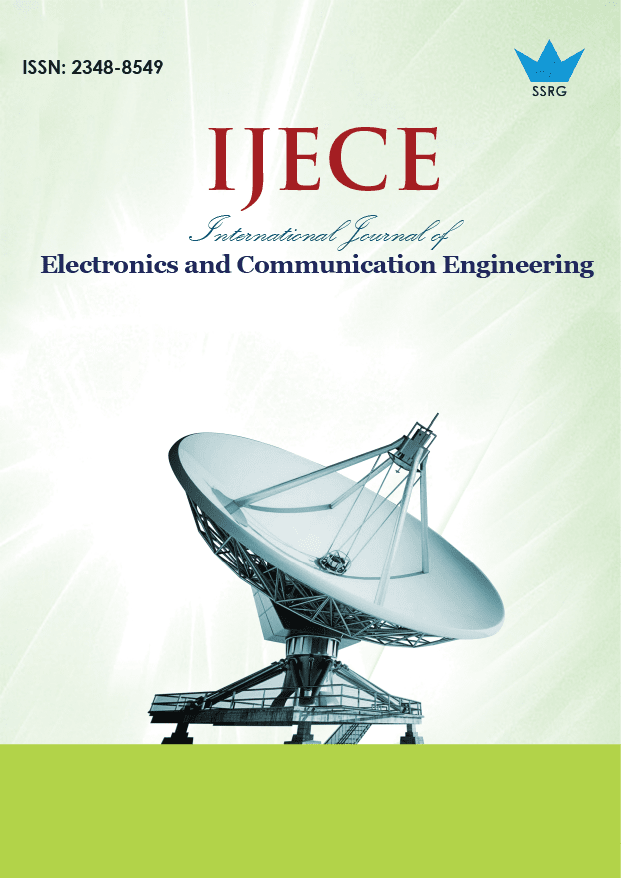Estimation of GPS User Position using Bancroft Algorithm

| International Journal of Electronics and Communication Engineering |
| © 2015 by SSRG - IJECE Journal |
| Volume 2 Issue 4 |
| Year of Publication : 2015 |
| Authors : Prof B.hari kumar , S.Venkateswara Reddy , A.Leeladhar and Y.Dinesh Kumar Reddy |
How to Cite?
Prof B.hari kumar , S.Venkateswara Reddy , A.Leeladhar and Y.Dinesh Kumar Reddy, "Estimation of GPS User Position using Bancroft Algorithm," SSRG International Journal of Electronics and Communication Engineering, vol. 2, no. 4, pp. 1-5, 2015. Crossref, https://doi.org/10.14445/23488549/IJECE-V2I4P102
Abstract:
The paper describes determination of GPS receiver position using Bancroft algorithm. The position is determined by obtaining pseudo ranges from seven different GPS satellites. The measured ranges do not represent the true ranges as the signal coming from a GPS satellite will be affected by various errors like Ephemeris error; Propagation error in the form of Ionospheric and Tropospheric delays; Satellite and Receiver clock biases with respect to GPS Time (GPST); Multipath error etc. Most of these errors can be estimated accurately and can be accounted for. In this paper some standard mitigation techniques have been applied for the estimation of GPS errors and user position is then determined using Bancroft algorithm technique after making appropriate corrections. GPS data of Chitrakut station available in RINEX (Receiver Independent Exchange) format have been used for this purpose
Keywords:
Pseudo range, GPS, GPST, RINEX, SV
References:
[1] Bancroft. S, “An algebraic solution of the GPS equations”, IEEE Transactions on Aerospace and Electronic Systems 21 (1985) 56–59.
[2] B.HofmannWellenhof, .Lichtenegger and J.Collins, “GPS Theory and Practice”, Springer-Verlag Wien, New York, 1992.
[3] Klobuchar J, “Design and characteristics of the GPS ionospheric time – delay algorithm for single frequency users”, Proceedings of PLANS’86, Las Vegas, Nevada, November 4-7, pp280-286.
[4] Hopfield HS, “Two – quartic tropospheric refractivity profile for correcting satellite data”, Journal of Geophysical research, 74(18): 4487-4499.
[5] Strang, G. and Borre, K., “Linear Algebra, Geodesy, and GPS”, Wellesley Cambridge, - Wellesley, MA, 1997.
[6] http://home.iitk.ac.in/~ramesh/gps

 10.14445/23488549/IJECE-V2I4P102
10.14445/23488549/IJECE-V2I4P102